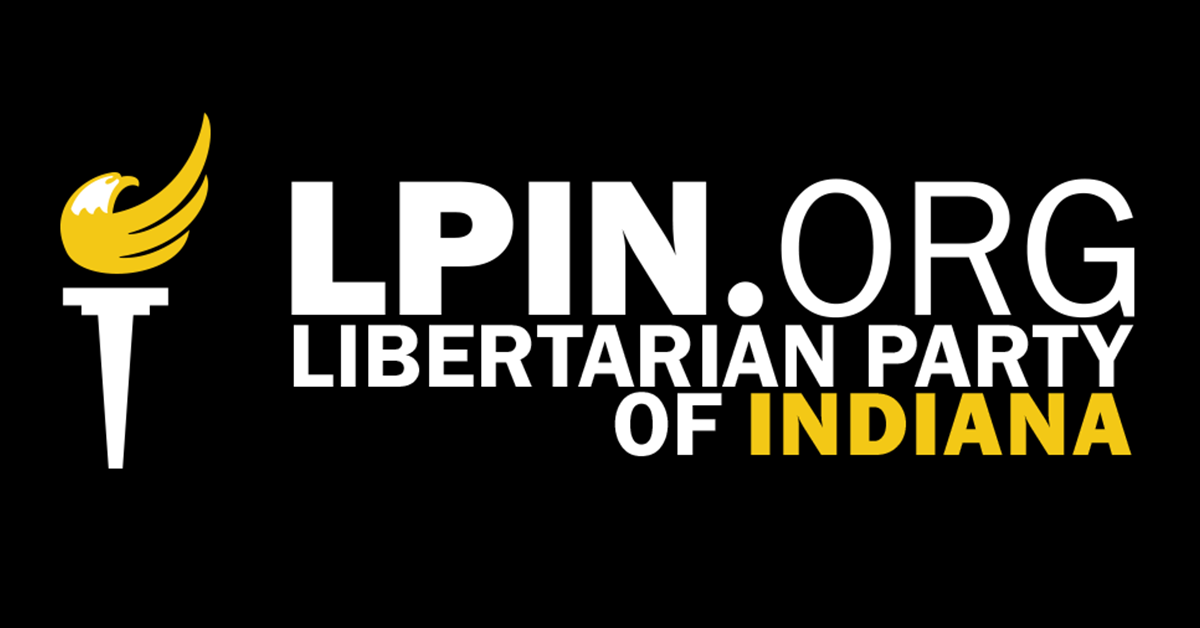(By George Edwards, Originally Written at his blog Indiana Economics.)
The state of Indiana confiscates a lot of money from us every year to make us safer. Let’s check out some of the stuff our state department of homeland security is doing.
1. Encouraging motorists to prepare for winter driving.
2. Telling consumers to be cautious on black Friday.
3. Cautioning “upstanding citizens” against malicious people on the internet.
4. Reminding Hoosiers to be cautious as children return to school.
The list goes on and on. Because we do not have a robust free market system of safety we do not have the infrastructure in place to create a safe environment to live in and we must be treated like idiots through press releases that no one has the incentive to read (unless they are a blogger looking for material to write about.. I’m sure).
Just imagine, for a second, what safety would be like without all the regulations and monopoly oriented restrictions that our government places on the market. The following is only a thought experiment about how the market would look without our state and local government protecting us.
First, the reason we love firefighters and police so much is because they monopolize the production of what creates wealth in society… security. There is no doubt that property rights and the protection of property as delineation in the U.S. Constitution and Indiana’s State Constitution facilitated an environment, over history of the United States, that has made us one of the wealthiest countries in the world. The monopoly of this protection of property into the hands of government also monopolizes the praise that comes with this service, but it doesn’t make it as effective as the market would otherwise be.
Insurance companies would be the key institution that would create security in a free market society. When people purchase homes on credit they are required by banks to purchase homeowners insurance in order to secure the underlying asset of the loan. Insurance companies have an incentive not to pay out money and to minimize any property destruction that would come with fire and, in some cases, theft. Fire companies would be set up to meet the needs of insurance companies to stave off fires that could destroy the underlying asset or spread from a neighboring house. Insurance companies could also institute a myriad of other requirements like electrical inspections, fire alarms, sprinkler systems, and things that I can’t even imagine because I am not an entrepreneur in this area. The economies of scale created by insurance companies would make uninsured rates for fire protection extremely low.
However, in the absence of a market for fire protection we have monopolies. Monopolies reduce output and increase prices. Since taxation is the price we pay it becomes reasonable to believe that we currently pay a lot more for fire protection than we otherwise would.
Volunteer firefighting wouldn’t disappear in a market. In rural areas where there may not be a critical mass to have a fire company, individuals could band together to help each other out. What WOULD be different in a market is the ability of certain volunteer firefighters to monopolize the industry and arrest private citizens for protecting their own property through controlled burns.
There is growing evidence that private firefighting, even in the face of publicly funded competition, will work exactly the way I stated above. The reality is that the state puts us in much more danger than we need to be in, all the while taking credit for protecting us. We are not a state of idiots but a state with socialist firefighting and police. We should try markets instead.

